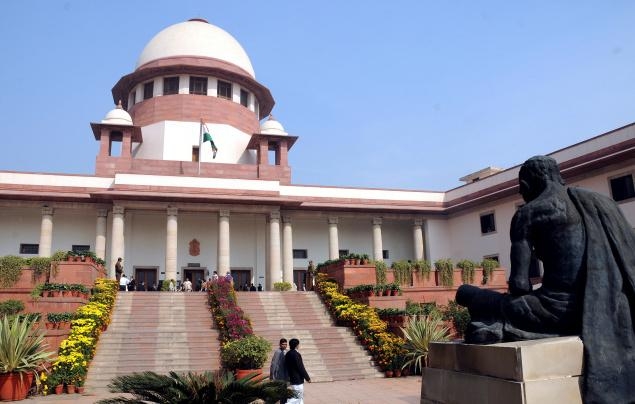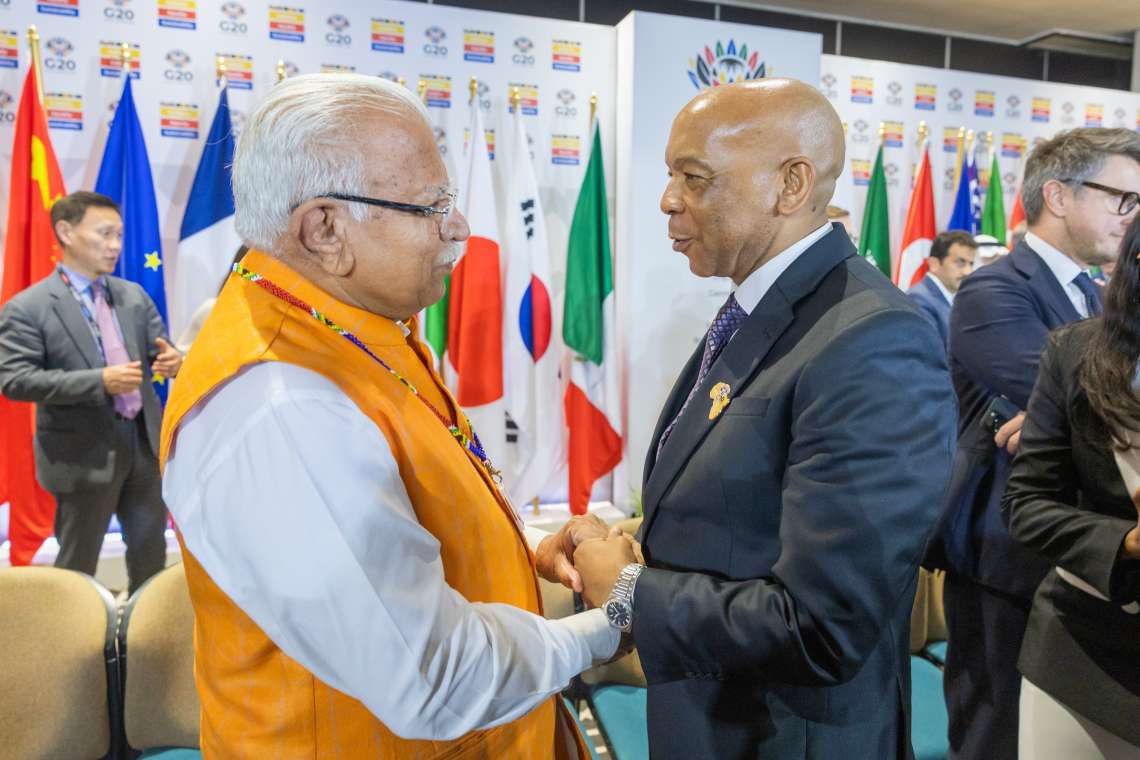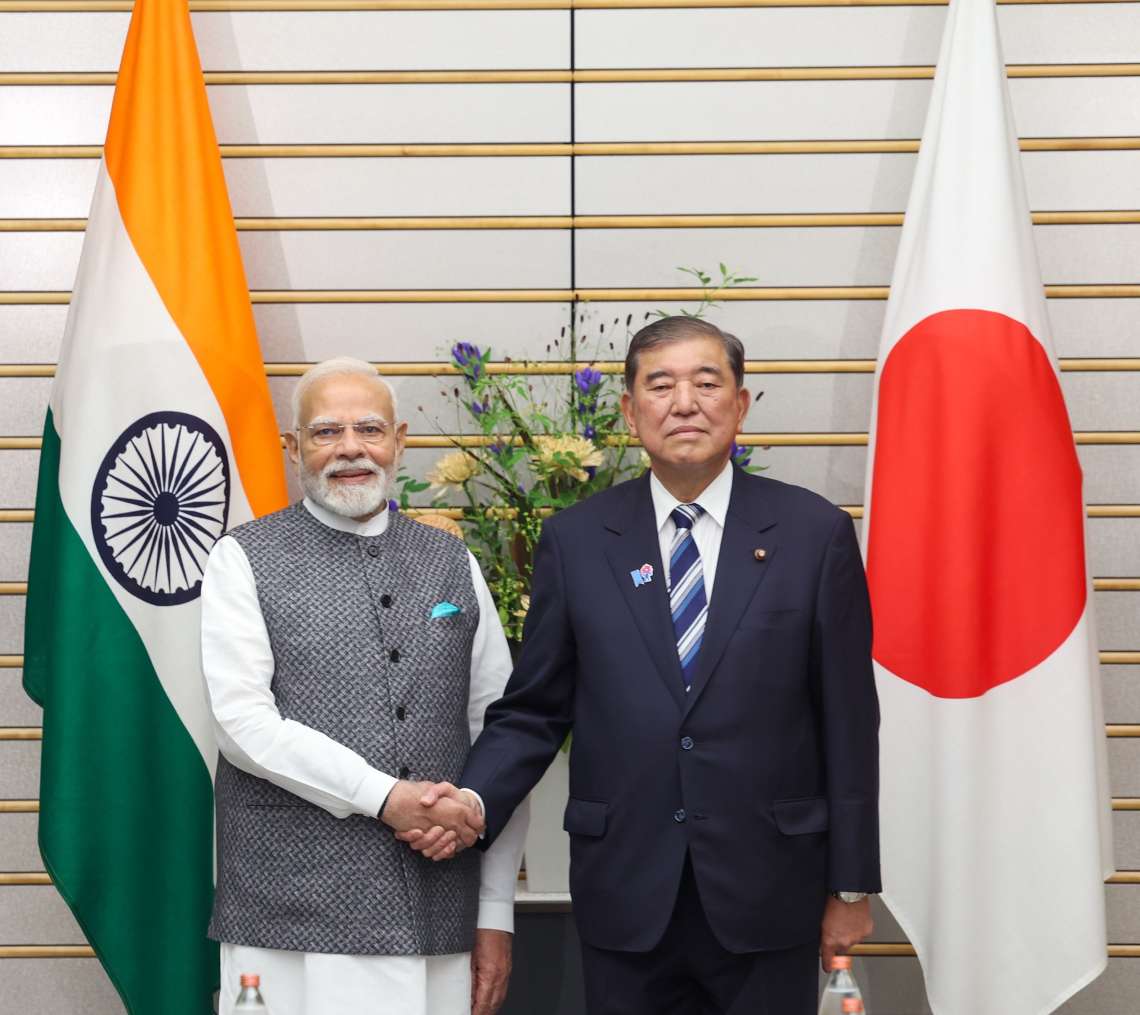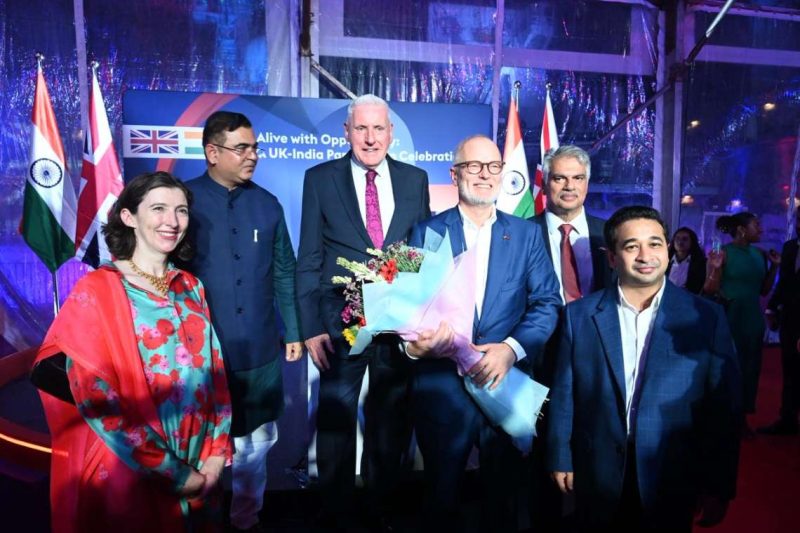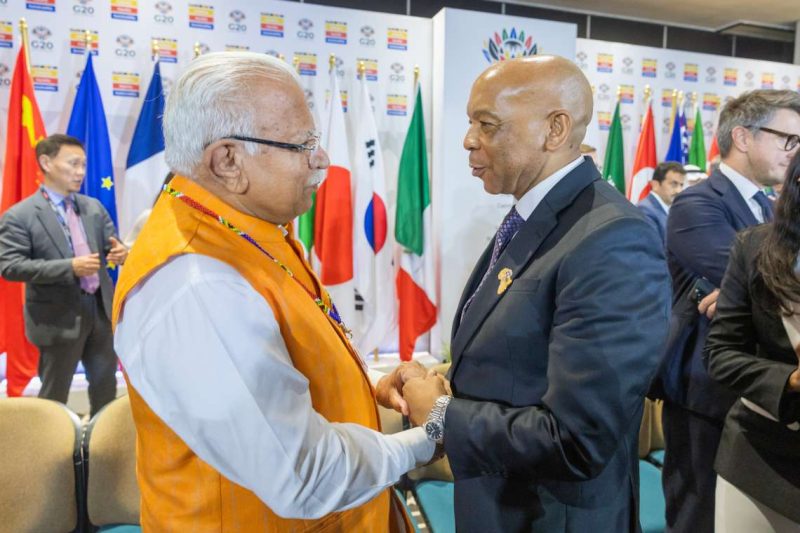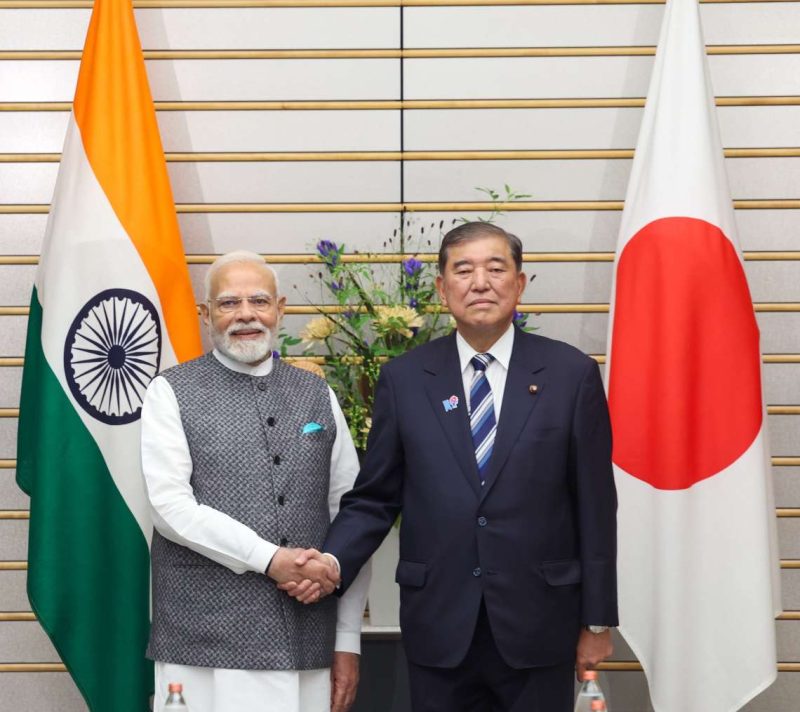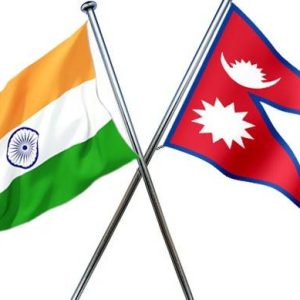
In recent years, the compact has been tested in court as the MoD faces pressure to challenge veterans’ disability and pension awards….writes Major General RPS Bhadauria (Retd)
The social compact of India’s armed forces is based on trust: that those who serve shall be provided for when service takes its inevitable toll.
Over the last few years, that compact has been put to the test in courtrooms, as the Ministry of Defence (MoD) has come under growing pressure to question disability and pension awards made to veterans and their families.
Again and again, the Supreme Court has identified this as a worrying trend and cautioned about its demoralising impact on the ranks.
A Pattern of Escalating Litigation
Despite multiple policy efforts to reduce government litigation, appeals by the MoD against Armed Forces Tribunal (AFT) orders, often involving disability pensions, have surged, with criticism spanning from expert committees to constitutional courts.
Veterans’ groups argue that bureaucratic reversals have undone earlier commitments to withdraw “ego-driven” and repetitive appeals, especially in settled categories such as rounding off disability pensions and conditions deemed aggravated by service.
The disquiet is particularly acute because many of these appeals target aged veterans, widows, and those with service-related health conditions, precisely the groups the system is meant to protect.
What the Courts Are Saying
The judiciary’s concern has hardened into sharp admonitions. In January 2025, the Supreme Court questioned the Union’s practice of dragging retired personnel from the AFT to the apex court, pressing the government to frame a litigation policy tailored to the armed forces and warning of fines for frivolous appeals.
The Court’s remarks went to the heart of force culture: What message is sent when those who served are repeatedly pursued in protracted legal contests, even after favourable tribunal orders? The bench emphasised that such litigation has a chilling effect on morale and recruitment, given the visible gap between service and post-service support.
Parallel commentary from legal and veterans’ forums echoes this: avoidable appeals drain dignity, finances, and faith in the system, while clogging dockets the AFT was designed to decongest.
Disability Pensions as the Flashpoint
Disability pensions have become the most contested arena. Cases frequently revolve around whether conditions like hypertension and diabetes are attributable to or aggravated by service, issues the AFT has often decided in favour of veterans, only to see appeals escalate to higher courts.
Recent judicial outcomes reaffirm that disability benefits are not charity but a rightful recognition of service-borne risks and stresses, and that medical board opinions cannot be treated as infallible without scrutiny of operational realities and legal standards.
High courts and the Supreme Court have signalled that a compassionate, policy-consistent approach must prevail, or the state risks undermining its own declared intent to reduce litigation against veterans.
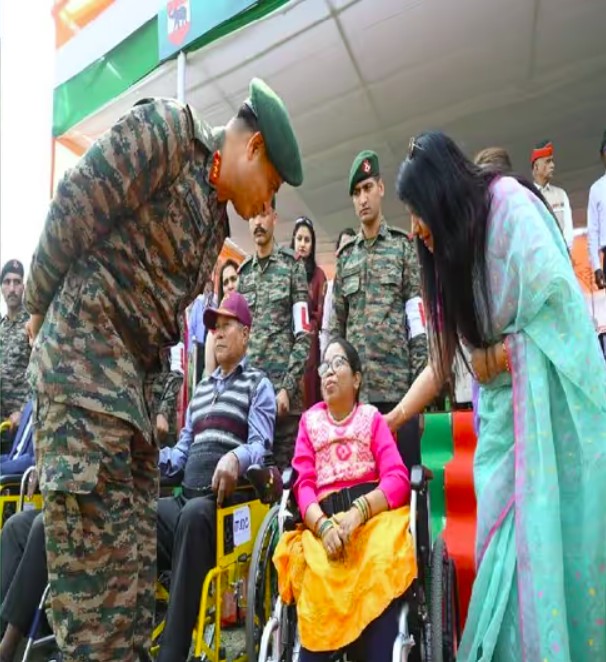
Impact on Morale and the Military Ethos
● Frequent appeals against disabled veterans and widows sap confidence in institutional fairness, sending a signal that benefits are to be fought for, not facilitated.
● The optics: soldiers winning at the AFT and then being “dragged” to the Supreme Court fuel cynicism among serving personnel, who watch closely to judge how the system treats its own after service ends.
● Prolonged legal battles impose emotional and financial burdens on retirees, with ripple effects on families and communities; this attrition, courts warn, dents both morale and the attractiveness of military service in a tight talent market.
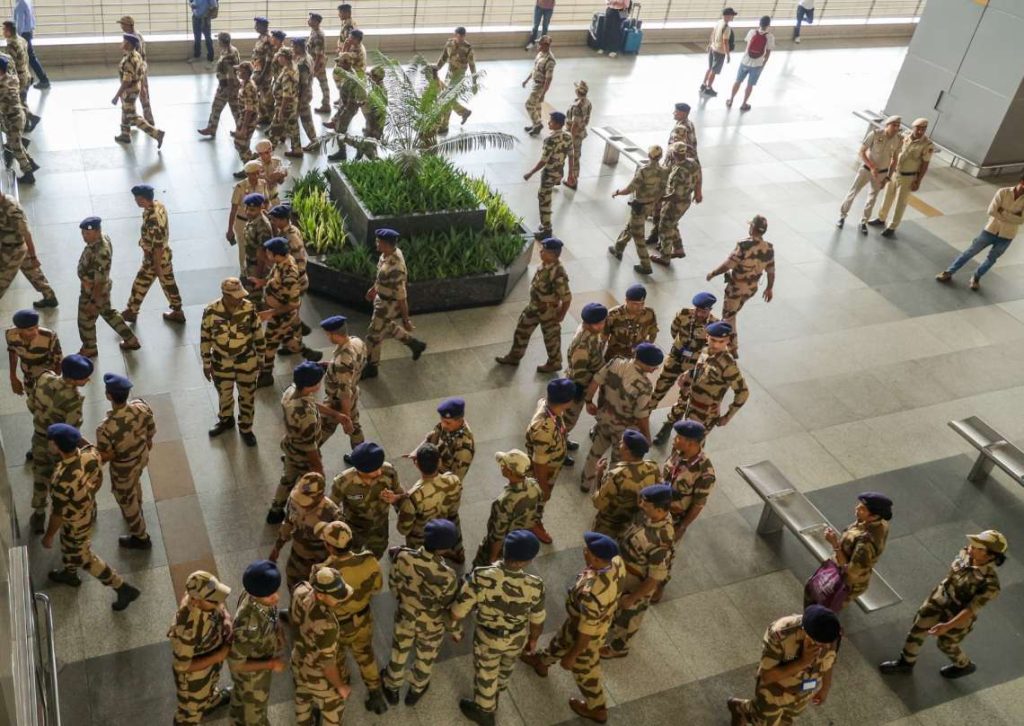
Attempts at Course Correction and the Road Ahead
There have been intermittent efforts to rein in unnecessary litigation, including committee recommendations and ministerial directions to withdraw or avoid repetitive appeals in settled issues. Yet veterans’ organisations contend that the pendulum has swung back, with fresh waves of challenges contradicting earlier commitments and imposing new uncertainties, especially after regulatory revisions and reinterpretations of attribution norms.
The Supreme Court’s recent push for a dedicated litigation policy for the armed forces could be a turning point, provided it sets clear thresholds for appeals, protects settled law, and institutionalises compassion in close cases.
A credible reset would include: firming up a force-specific litigation policy; presuming service-aggravation in line with operational realities unless convincingly rebutted; limiting appeals to matters of substantial legal or financial import; and auditing legacy cases to ensure compliance with prior directives. That is not just administrative hygiene, it is strategic signalling.
A military that sees the state stand by its wounded serves with fewer doubts about tomorrow.
The final calculus is simple, and the courts have articulated it plainly: unnecessary litigation against veterans is not merely a legal misstep; it is a morale issue and, by extension, a national security concern. The message from the judiciary and the veteran community is converging: show policy consistency, avoid avoidable appeals, and honour the covenant with those who served.
(Maj Gen. RPS Bhadauria (Retd) is the Additional Director General of the Centre for Land Warfare Studies (CLAWS), New Delhi, and was formerly the Director of the Centre for Strategic Studies & Simulation (CS3) at USI of India, having served in the Indian Army for 36 years.)


